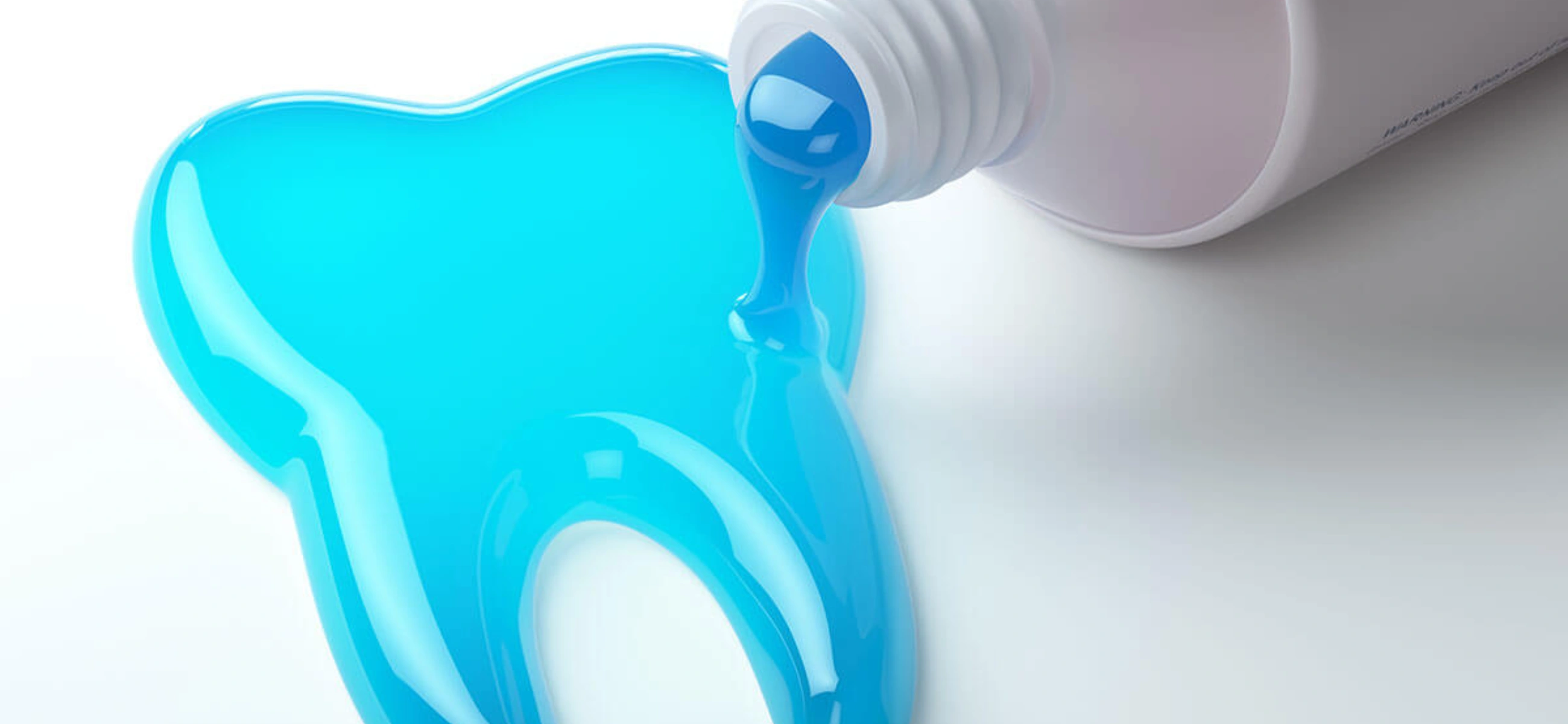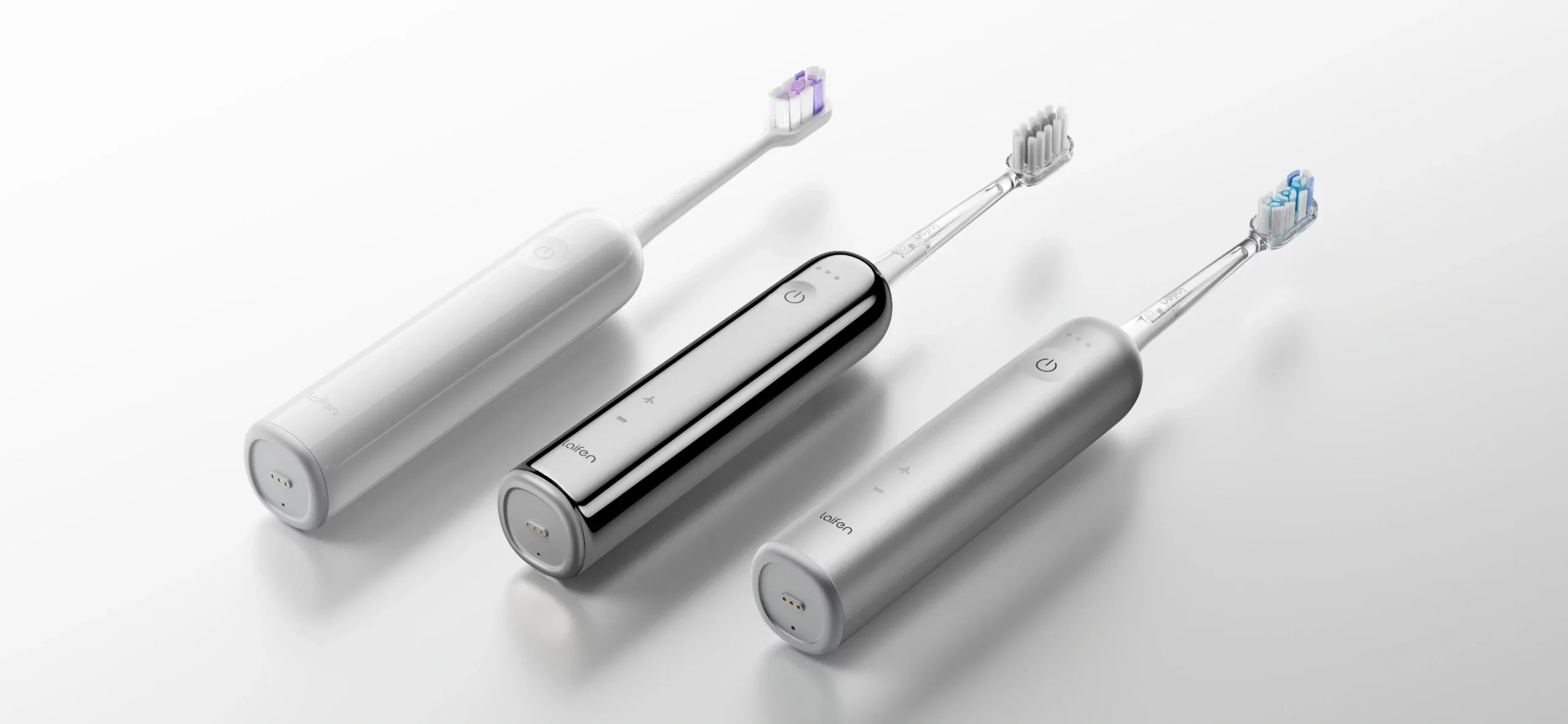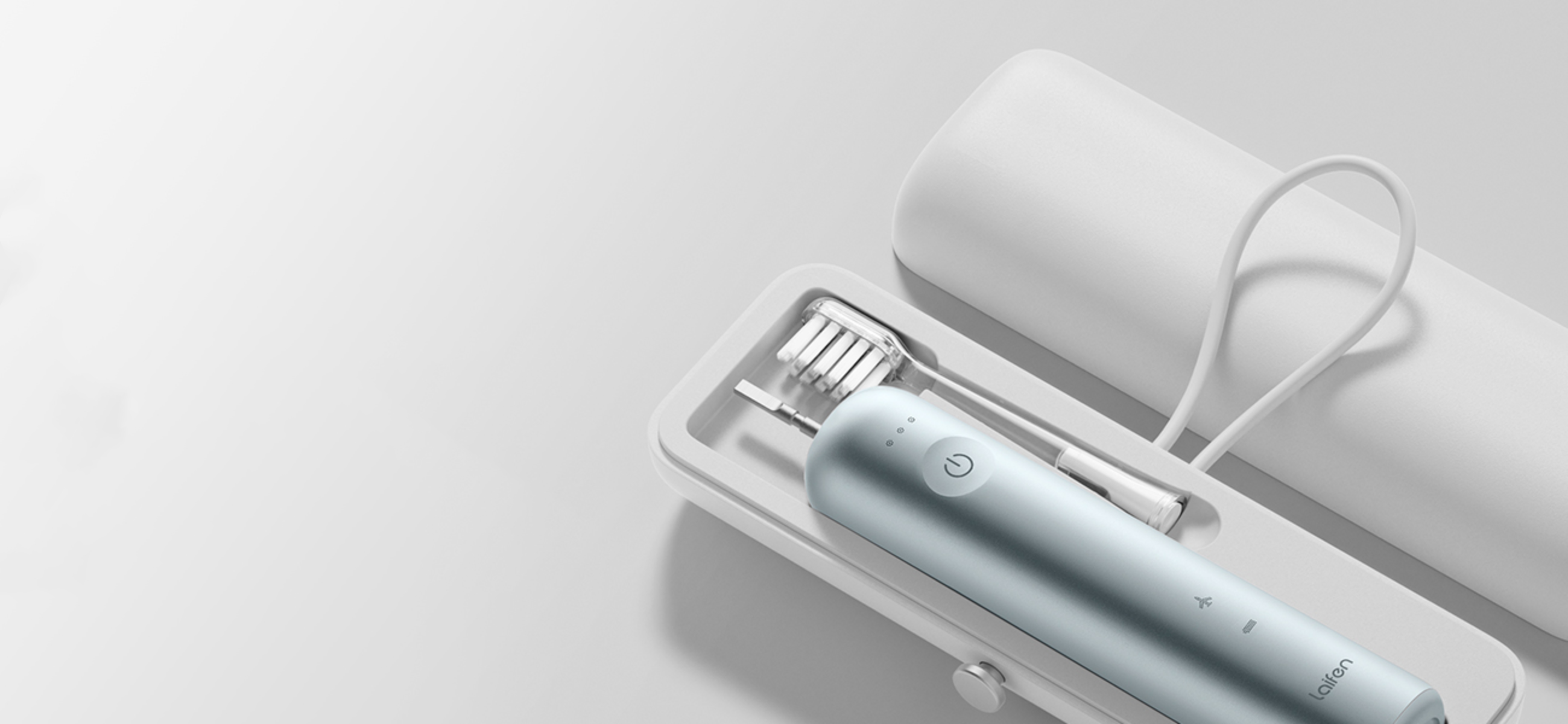We all experience sensitive teeth from time to time. You might have noticed sensitivity when enjoying a delicious ice cream or an ice-cold beer on vacation. But what exactly causes this sensitivity and how do you do something about it?
Well, one of the best ways to combat tooth sensitivity is to buy the best toothpaste specifically designed for people with sensitive teeth. In this article, we explain what tooth sensitivity is and what causes it, before explaining how to choose the best toothpaste for sensitive teeth.
What is teeth sensitivity?
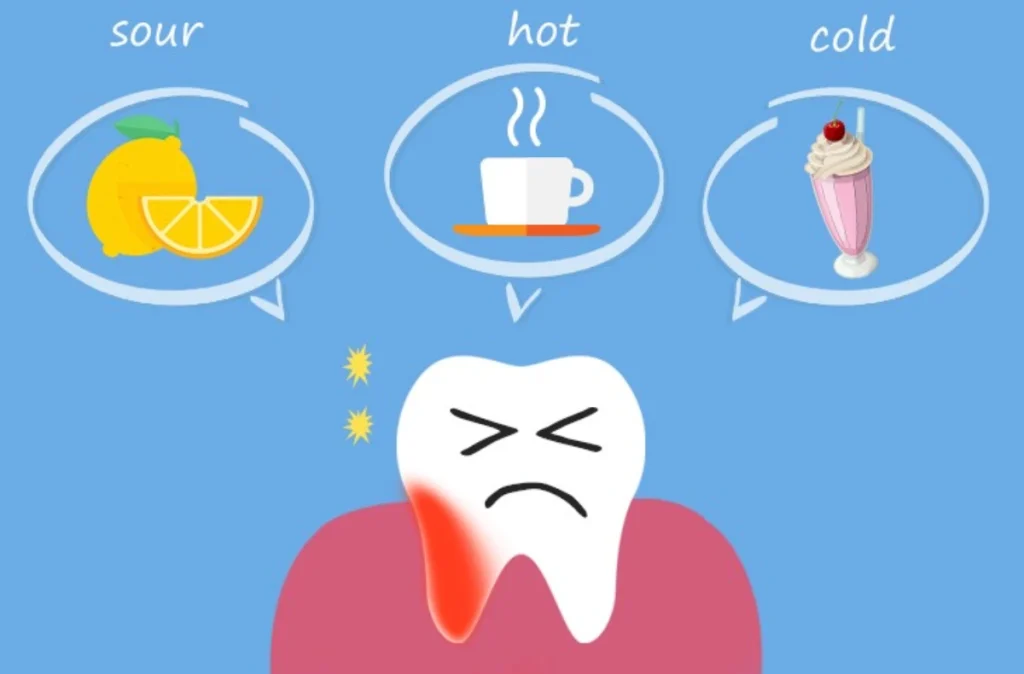
Most people experience sensitive teeth when the dentin (the underlying layer of your teeth) becomes exposed. Often, this occurs because of the erosion of the enamel, but it might also occur when your gum recedes. The dentin is particularly sensitive to hot and cold food and beverages, which is why you’re more likely to experience sensitivity when eating ice cream or drinking a hot cup of coffee.
When the dentin is exposed to hot or cold food and beverages, you may notice pain or discomfort, which then subsides when you stop eating or drinking.
What causes teeth to be sensitive?
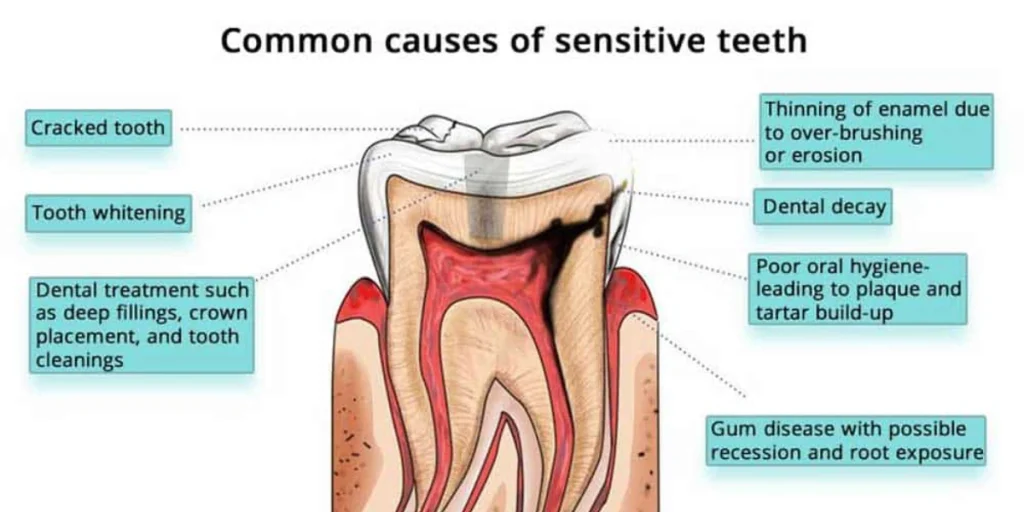
There are numerous potential causes of tooth sensitivity that you must be aware of. If you suspect any of the following, you should contact your dentist for treatment:
- Gum disease: Periodontitis (gum disease) can cause inflamed and swollen gums, which can impact the roots of your teeth. One of the symptoms of this is increased sensitivity of your teeth.
- Receding gums: If you suffer from gum recession, your gum tissue pulls away from your teeth, exposing the roots in the process. Again, this can cause you to feel sensitivity when eating hot or cold food.
- Excessive brushing: If you brush too hard with a hard-bristled toothbrush, you might wear your tooth enamel. This can cause dentin exposure, leading to tooth sensitivity.
- Cracked or damaged teeth: If you’ve experienced trauma, your teeth might be cracked or damaged. The crack can fill with bacteria from plaque, which can cause inflammation and sensitivity.
- Bruxism: Also known as teeth grinding, bruxism is a condition that can cause teeth sensitivity.
- Diet: Eating excessive amounts of highly acidic foods can increase the speed at which your enamel erodes. Therefore, avoiding acidic foods and regularly brushing your teeth can make a big difference in how you experience sensitivity.
How to treat teeth sensitivity
Understanding the cause of your sensitive teeth is an important first step and will help you choose a good toothpaste for sensitive teeth. It will also lead you to the best long-term course of action, which might include changes to your diet or the way you brush your teeth each day. Here are the key steps to take to reduce sensitivity:
1. Choose the best toothpaste for sensitive teeth and gums
One of the most important changes you can make if you have sensitive teeth is the toothpaste you use. You can find numerous brands of toothpaste online specifically for sensitive teeth. Known collectively as “desensitizing toothpaste,” it can help to numb the sensitivity when brushing your teeth.
The best whitening toothpaste for sensitive teeth contains ingredients like potassium nitrate and stannous fluoride to reduce sensitivity, which essentially numbs the pain or discomfort when your brush.
Potassium is an effective ingredient, as it prevents the nerves in your teeth from passing pain across the synapse. It also numbs the end of the nerve to reduce pain. Though it doesn’t treat the cause of the sensitivity, it’s a good option for pain relief.
Stannous fluoride also works well for people with sensitive teeth. This blocks the tubule holes in your teeth, which prevents the pain of sensitivity and helps you enjoy hot and cold foods without reacting. Depending on its concentration in the paste, it may also help to combat some of the causes of teeth sensitivity.
Another option is natural toothpaste for sensitive teeth. In our view, the best natural toothpaste for sensitive teeth is a homemade solution with salt, essential oil, and baking soda. Simply create a paste with these ingredients and apply it to your brush as you would a normal paste. Baking soda is great for neutralizing acidity in your mouth, which is a good option if your sensitivity is caused by acidic foods and drinks.
Though there’s no evidence to suggest that fluoride causes sensitivity, this homemade solution is also a viable toothpaste for sensitive teeth without fluoride. It’s also affordable and widely available, making it a good alternative to shop-bought products.
What about the best whitening toothpaste for sensitive teeth?
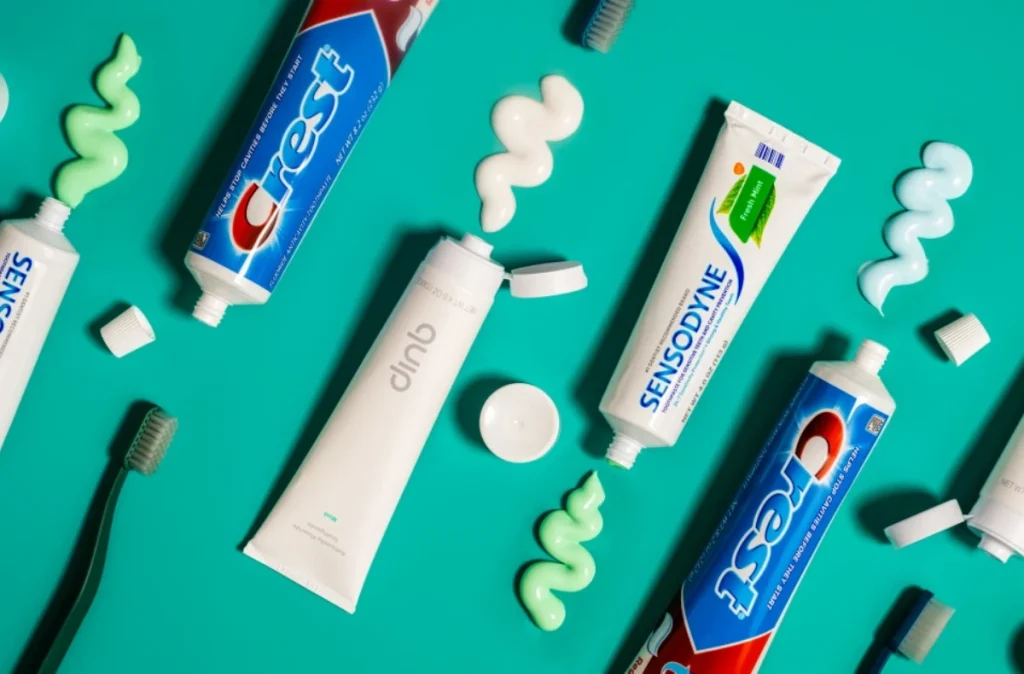
Some people prefer using toothpaste with whitening properties, as it removes stains and discoloration while cleaning teeth effectively. The good news is that there are options if you want to whiten your teeth while using paste specifically designed for sensitivity.
Most chemical whiteners are safe to use if you have sensitive teeth, including carbamide and hydrogen peroxide, which are two of the most commonly found in sensitive toothpaste brands available.
The best approach is to buy a whitening toothpaste from a brand that is renowned for catering to people with sensitive teeth. Though this type of toothpaste is expensive, it’s your best option if sensitivity and whitening are the main priorities when brushing your teeth.
Tips for choosing toothpaste for sensitive teeth and gums
When you search online for the best toothpaste for sensitive teeth, you will soon realize there are so many brands to consider. Here are some handy tips for choosing the most suitable sensitive toothpaste for your preferences:
✅ Read the label: The first step is to read the label and check which ingredients are listed in the toothpaste. Remember, potassium and stannous fluoride are the main ingredients to look for, but as explained, they work differently. So, read the label and know what to look for before buying sensitive toothpaste.
✅ Research brands: Dozens of brands offer toothpaste for sensitive teeth, and some are better than others. We recommend reading independent reviews on sites like Trustpilot to get a good understanding of how effective the toothpaste is before buying it.
✅ Ask a dental hygienist for advice: If you’re not confident of making the right decision, book a consultation with a dental hygienist. You can explain your sensitivity and ask for dentist-approved recommendations for the best toothpaste to use.
2. Use an electric toothbrush
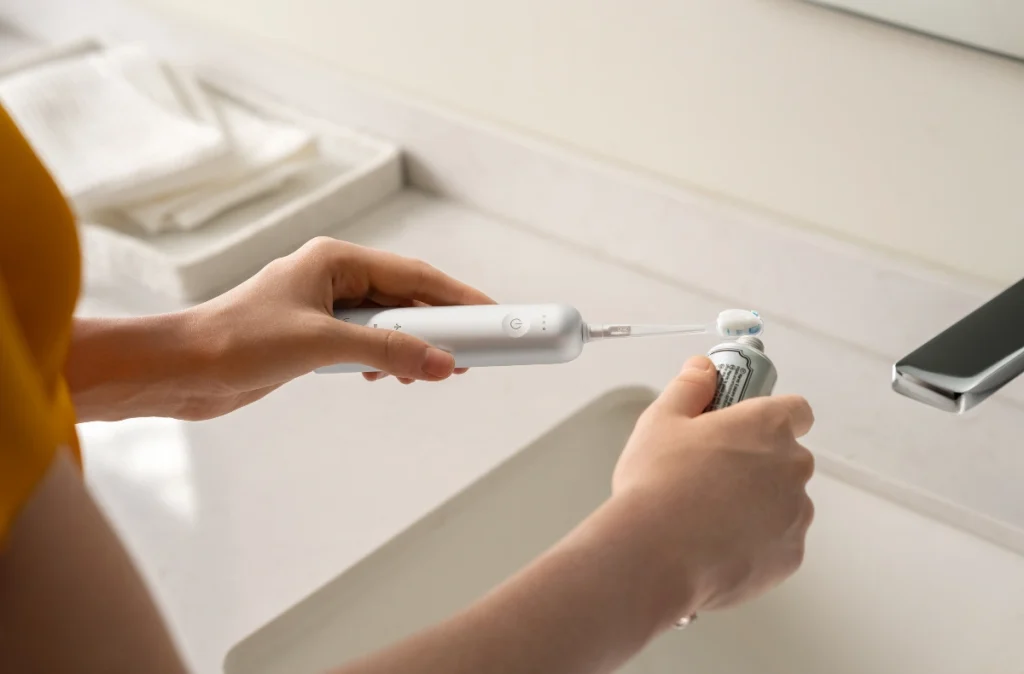
Brushing your teeth incorrectly by using too much force with a manual, hard-bristled toothbrush can have a negative impact on tooth enamel, which may lead to increased sensitivity. Therefore, switching to an electric toothbrush, such as the Laifen Wave, can improve your brushing technique and reduce any pain and sensitivity caused by poor brushing technique.
Applying sensitive toothpaste or a homemade paste to an electric toothbrush with a 2-min timer suggested by dentists will protect your sensitive teeth and numb the discomfort of brushing. The Laifen Wave oscillates and vibrates simultaneously, brushing your teeth effectively without applying too much pressure.
3. Change your diet
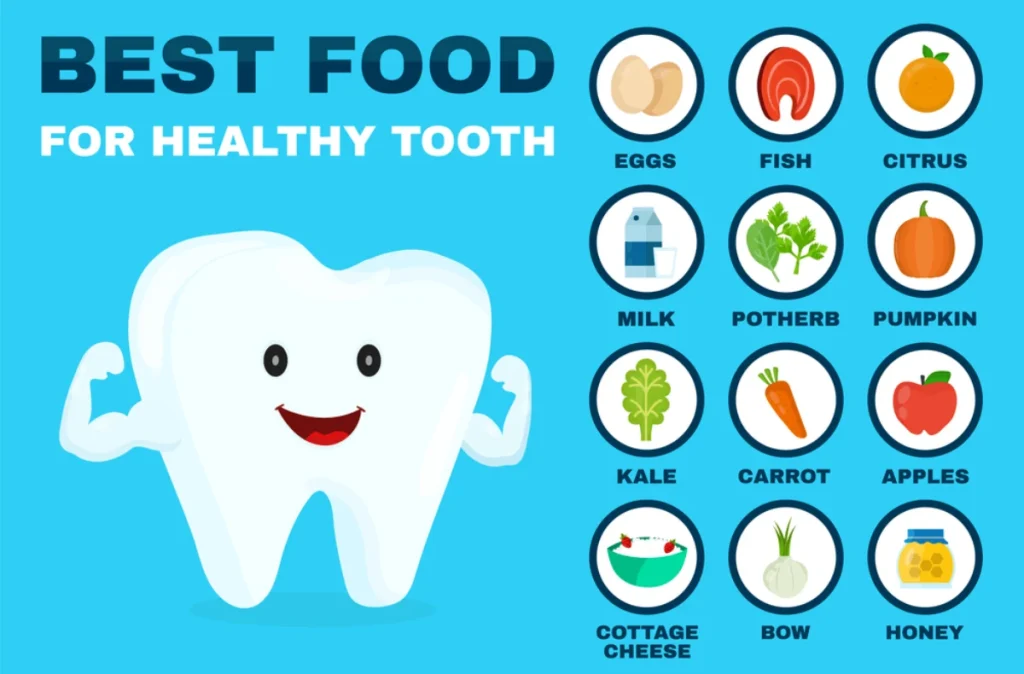
The food and beverages you consume will likely significantly impact the sensitivity of your teeth. If you eat processed and sugary foods, you’re more at risk of enamel erosion, which is a common cause of sensitive teeth in children and adults. We recommend limiting your intake of sugary foods and acidic drinks as they exacerbate sensitivity in most cases.
If you enjoy sugary food and drink from time to time, get into the habit of brushing your teeth immediately after eating or drinking. This will prevent the bacteria in your mouth from creating acid to break down the sugar, which protects your teeth from erosion.
4. Visit a dentist
While we all experience increased tooth sensitivity from time to time, you must visit your dentist if your teeth have been sensitive for a prolonged period. Also, if you experience intense pain or discomfort alongside sensitivity, it’s a sign that your teeth or gums might be infected, so you will need to speak to a dentist about the best course of treatment.
Conclusion
It’s fair to say you’re spoiled for choice when it comes to toothpaste for sensitive teeth. Numerous well-known brands offer countless products that promise to alleviate pain and sensitivity when brushing your teeth.
As explained above, knowing the ingredients to look for is helpful when researching the best toothpaste for sensitive teeth, as is reading up on the best brands via independent reviews. If you’re still not sure at this stage, we recommend booking a consultation with a dental hygienist for a recommendation.

